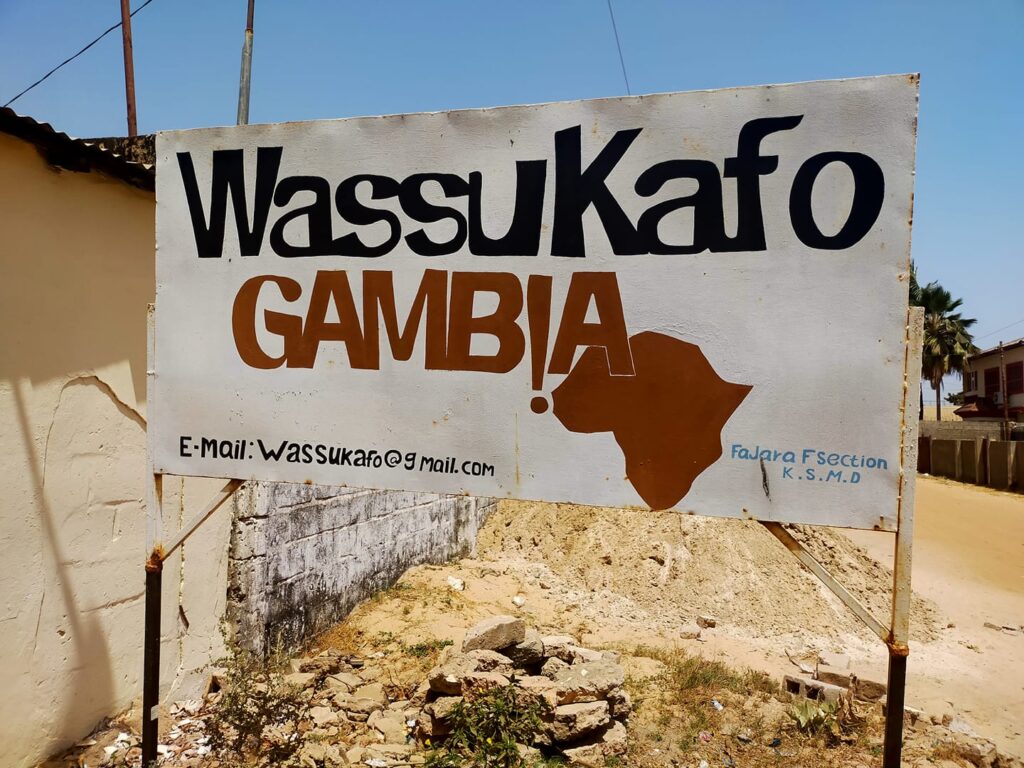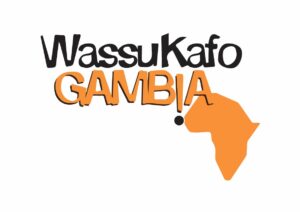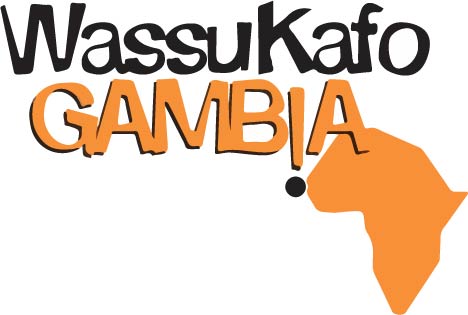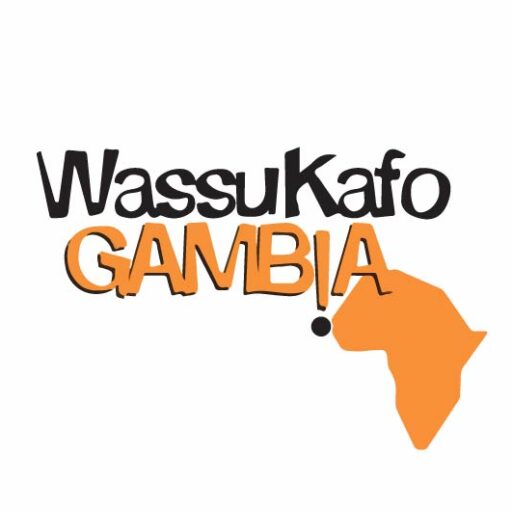Nuestra Historia
- Home
- Nuestra Historia
The origins of WGK date back to 1987 when Dr. Adriana Kaplan, an anthropologist, initiated a research project at the Autonomous University of Barcelona. The project focused on the study of migrations from sub-Saharan Africa to Spain and the anthropological analysis of acculturation processes and social integration in the field of sexual and reproductive health. Gradually, the focus shifted towards the study and prevention of Female Genital Mutilation (FGM) from a gender, longitudinal, circular, and transnational perspective.
En 1999 se establece WGK como organización con base en Gambia. Desde sus inicios desarrolla una serie de acciones de cooperación, consistentes en donaciones de material con el fin de mejorar las infraestructuras sanitarias del país. Promueve acuerdos con las principales instituciones educativas y sanitarias paraimpulsar el estudio y el abordaje de la MGF. Es en esta primera etapa cuando en colaboración con la Oficina de la Vicepresidencia de la República, el Women’s Bureau, el NationalWomen’s Council y otros actores se promueve la prevención de la MGF de las niñas con una propuesta metodológica alternativa cuyo ejemplo se muestra en el documental “Iniciación sin Mutilación”.

Paralelamente, en 2003 se crea el Grupo Interdisciplinar para la Prevención y el Estudio de las Prácticas Tradicionales Perjudiciales (GIPE/PTP) en la Universidad Autónoma de Barcelona. No será hasta 2008 que se establece el “Observatorio Transnacional de Investigación Aplicada a Nuevas Estrategias para la Prevención de la MGF”, con el apoyo de la Fundació “La Caixa”, donde se integran los dos equipos de investigación, con base en Barcelona y en Banjul. La Fundación Wassu-UAB, establecida en 2012, es el paso más reciente que consolida este proyecto.
Since then, WGK has undertaken a series of interventions aimed at training healthcare professionals and health science students, designing and introducing modules in academic curricula, and grassroots awareness work within communities. This work methodology is complemented by applied research to create scientific evidence regarding the harms of Female Genital Mutilation (FGM) in women and girls. WGK's efforts have not been confined to Gambia, and its methodology has been disseminated to other countries on the continent, such as Kenya, Tanzania, and more recently, Senegal.
Among the most significant milestones in WGK's scientific work are the two clinical studies conducted between 2008 and 2011, at the request of the Vice President of the Republic, on the consequences of Female Genital Mutilation (FGM). These studies provided the evidential support that, along with the tireless efforts of other Gambian organizations, ultimately led to the prohibition of FGM in 2015 through a law approved by the National Assembly.
In recent years, WGK has continued its awareness and training efforts, reaching over 12,000 rights holders with knowledge of their rights, responsibilities, and obligations. The organization acknowledges that legal prohibition alone is not sufficient to achieve the abandonment of this practice. Recognizing the interconnected nature of various forms of violence and discrimination against women and girls, WGK has expanded its vision and work with a gender and human rights focus. This includes addressing other harmful practices such as child marriage and adopting the broad concept of sexual and reproductive health and rights as a strategic space to advance gender equality.
Wassu Fafo Gambia
Know more
We are

WASSU GAMBIA KAFO (WGK) is a Non-Governmental Organization based in The Gambia that aims to promote development and cooperation in sexual and reproductive health and rights, through research and knowledge transfer, especially to promote gender equality and prevention of harmful traditional practices.

